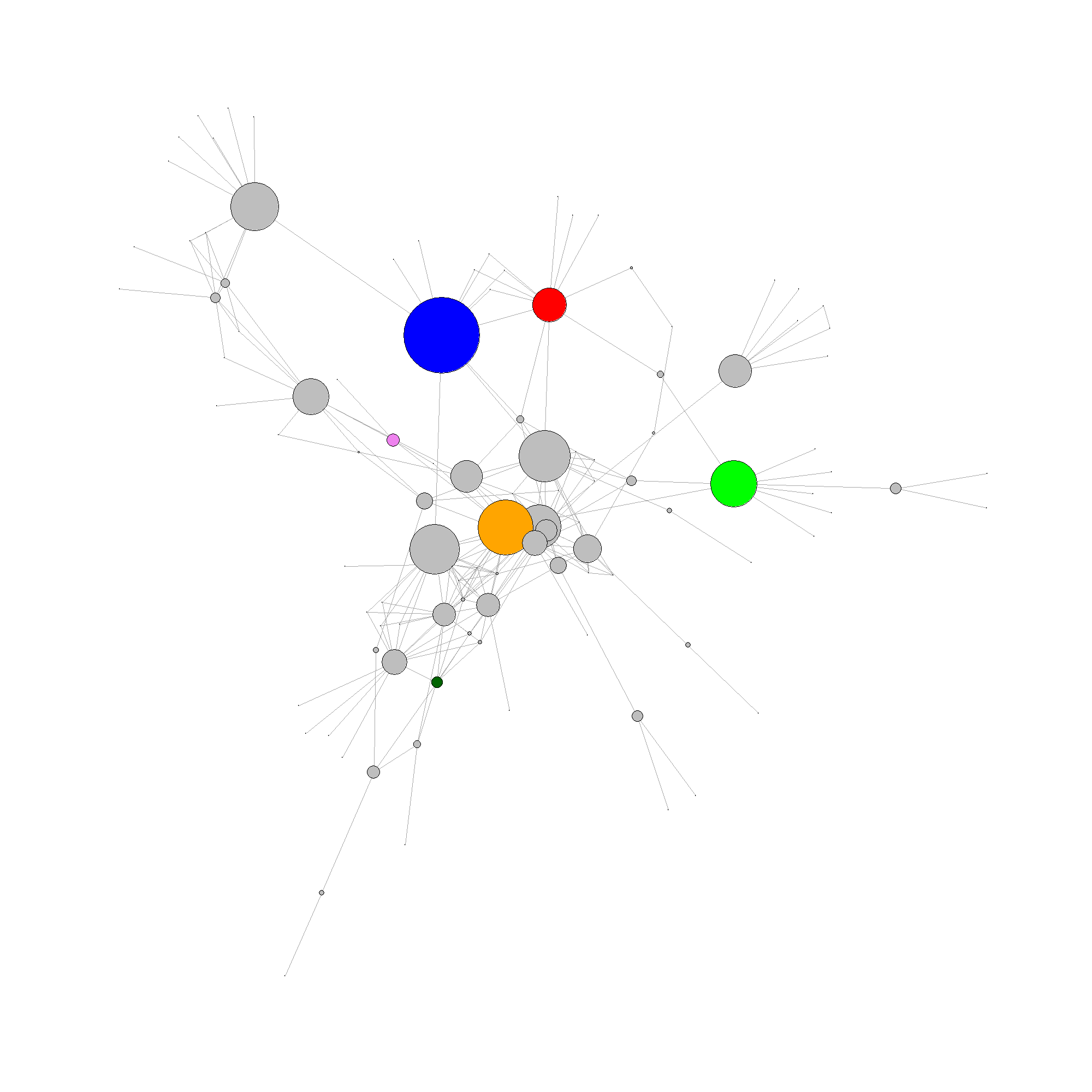Big Business and Bureaucratic-Authoritarianism in Uruguay: a network based story of policy permeation for self-preservation. Con Juan A. Bogliaccini y Juan Geymonat en Berghoff, Basualdo and Bucheli (ed.) Big Business and Authoritarian Regimes. Palgrave McMillan
Abstract: Understanding the relations of business and politics is of profound importance. This chapter examines corporate interlocks among business elites in Uruguay during the bureaucratic authoritarian period and business-related connections among government officials. First, we describe how business strategy for influencing policy outcomes evolved from the ISI to the Bureaucratic-Authoritarian period. We show how it moved from institutionalized corporate participation in decision-making to direct participation of businesspersons in government after the shift towards technocratic management in government beginning in 1967 and continued after the military coup in 1973. Second, we characterize the structure of big business circa 1979-1984 using network analysis. We explore its’ connections with the rest of the economy, identifying the most relevant business communities and how they were linked to each other. The chapter concludes with the identification of the most influential business-groups by different network related measures and in terms of its’ connections to government during the military period. For the most important business-groups, we provide a case study of how they permeated the military government´s liberalization process in order to cushion its’ impact on their wealth and industries.

